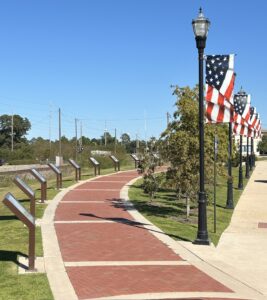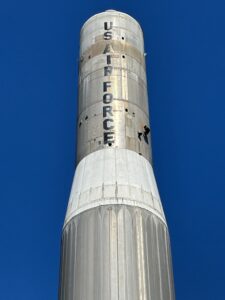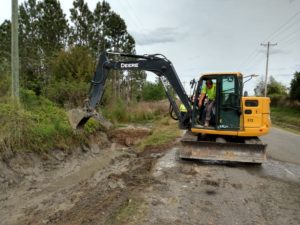
What is an Illicit Discharge?
An illicit discharge into the stormwater system basically means placing any substance into the system that may be toxic to human, animal or plant life, or something that is flammable, explosive or corrosive. In short: any discharge that adversely affects our public waters (ditches, streams, lakes, rivers, etc.).
Illicit or illegal discharges may include, but are not limited to the following:
- Dumping auto fluids (oils, anti-freeze, etc.)
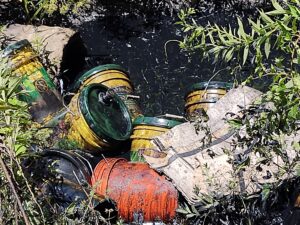
- Chemicals
- Garbage
- Paint
- Cleaning fluids
- Untreated animal waste
- Commercial car wash wastewater
- Contaminated foundation drains
- Wash water from commercial and industrial activities
- Sanitary sewer discharges
- WASTEWATER SPILL CLEANUP PROCEDURES
- Septic take discharges
- Washing machine discharges
- Chlorinated backwash
- Drained swimming pool water that has not been dechlorinated
DID YOU KNOW?
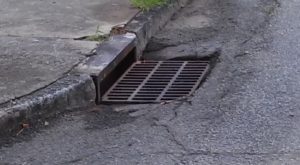
Storm drains are typically NOT treated!
They flow DIRECTLY into streams or rivers!
IF YOU THINK YOU’VE FOUND AN ILLICIT DISCHARGE, or see indications of illicit discharges in stormwater runoff such as:
- Unusual color or cloudiness;
- Strong pungent or musty odor;
- Floating debris;
- Surface scum or foam;
- Oily Sheen;
- Excessive Algae;
- Storm pipes flowing in dry weather;
Contact the Public Works Department to report the suspected illicit discharge at (229) 273-6136.
How Do You Prevent Illicit Discharges?
A good rule of thumb is to use basic “common sense.” Think before you begin dumping into the street or allow runoff to leave your yard.
- Do not spray pesticides, herbicides and fertilizers near storm drains, or where runoff will enter into the system
- Do not pour household cleaners, auto fluids, etc., onto the driveway or in the street. Driveways and streets are designed to shed water away and take it directly to the storm system.
- Do not blow leaves, grass clippings or mulch into storm drains. This can clog up and hinder the use of the system and could also potentially cause flooding in extreme rain conditions.
- Do not store or expose materials to rain that could be carried away or “washed off” that might drain into the roads or ditches.
- Pick up litter and trash in ditches or near storm drains or streams.
CLEANUP COSTS
DID YOU KNOW THAT CLEANUP COSTS FOR MAJOR SPILLS CAN RESULT IN MORE THAN $10,000 PER OCCURRENCE TO YOUR CITY? THIS CAN RESULT IN HIGHER TAXES TO FAMILIES AND INDIVIDUALS.
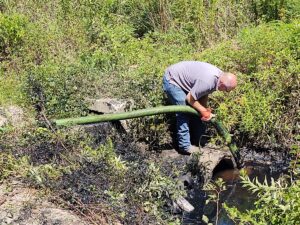
WANT MORE INFORMATION?
Visit the EPA’s website


